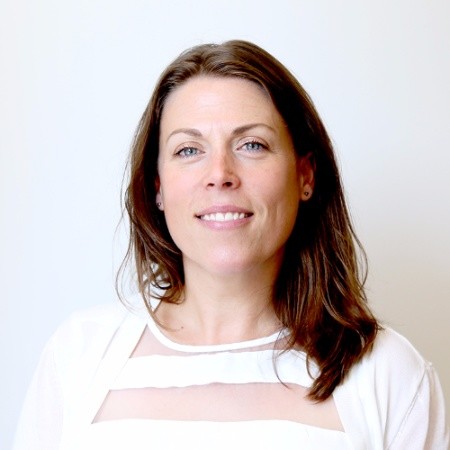Michael Page has made real progress with diversity and inclusion (D&I) in recent years, both in Britain and across the world. In the UK, we’ve seen many businesses, regardless of their size, cement good practice over D&I into clear policies. This is a cultural shift which is wonderful to be a part of. Even with the great strides we’re taking with D&I, many biases still exist in recruitment today.
Unconscious biases
In extreme cases, these can come in the form of overt prejudices against specific groups, although thankfully rarely. More common is the influence that has its effect below the level of consciousness, which is a different beast altogether.
Decision-makers can be totally unaware of their judgments are being affected by unconscious biases. Yet this too is only a component part of how to embed inclusivity within an organisation. At Michael Page, having a totally open and inclusive culture, which we call Acceptance without Exception, remains key to our strategy.
Some changes have helped to address the more visible barriers to inclusion in recent years. Compulsory reporting on the gender pay gap and the introduction of diversity quotas are firm examples that help to expose imbalance in the workplace. This process is important. When barriers exist, whether perceived or actual, it is critical they are broken down. With the ethnicity pay gap also on the horizon, this will put the appropriate spotlight on racial diversity within organisations, too.
Attract and retain
Although many have benefited from increasingly inclusive workplaces, there is still a long way to go, as gender is just the tip of the iceberg. For too long, power and privilege have been given back to those who already have it. Fortunately, with programmes such as the Social Mobility Foundation; Race at Work Charter, and candidates who are looking to embark on 2nd or even 3rd careers, things are changing, and talent is being unearthed in places it hasn’t historically been looked for.
Bringing this all together helps Michael Page identify not only how we attract and retain talent, but more importantly how we attract and retain the difference.
So much of this is about having a positive, inclusive workplace where every individual truly feels like they belong, and that their voice is heard. Never underestimate the power of visibility when it comes to inclusion. This has to be omnipresent throughout all stages of an employee’s life cycle within an organisation, starting with the very first stage of attraction, all the way through until the day they leave.
Artificial intelligence at Michael Page
We’ve also incorporated working with artificial intelligence (AI), to see how this can reduce bias in recruitment. We use a tool called Predictive Hire, which uses a blend of behavioural science and data analytics to score candidates on their suitability for different jobs.
Beyond this, we’re working to better understand our workforce, with a greater focus on employee surveys and exit interviews. This provides accurate insight into our people and culture, helping us to understand the reasons people leave and enabling us to constantly evolve so that we never standstill.
A recent Deloitte report highlights that 69% of employees are likely to stay beyond five years if an organisation is diverse versus only 27% who will if it’s not. In a generation where the workforce is increasingly made up of millennials who feel this way – retention tools have never been more valuable. The only way to have sustainable diversity is by having an inclusive culture; the two are closely intertwined, but without inclusion, diversity doesn’t stand a chance.
We don’t have all the answers – but we’re doing our best to find them. Like many others, we’re implementing strategies to help raise the profile of different social groups in our business and provide them with more of a voice. We can take steps to ensure conscious inclusion and connecting with our people to dig deeper into the realities so that we eliminate group think and innovate instead. We’re constantly learning and applying our learnings every day in our inherent belief of Acceptance Without Exception.

About the Author
Sheri Hughes is the UK Diversity and Inclusion Director at PageGroup.






